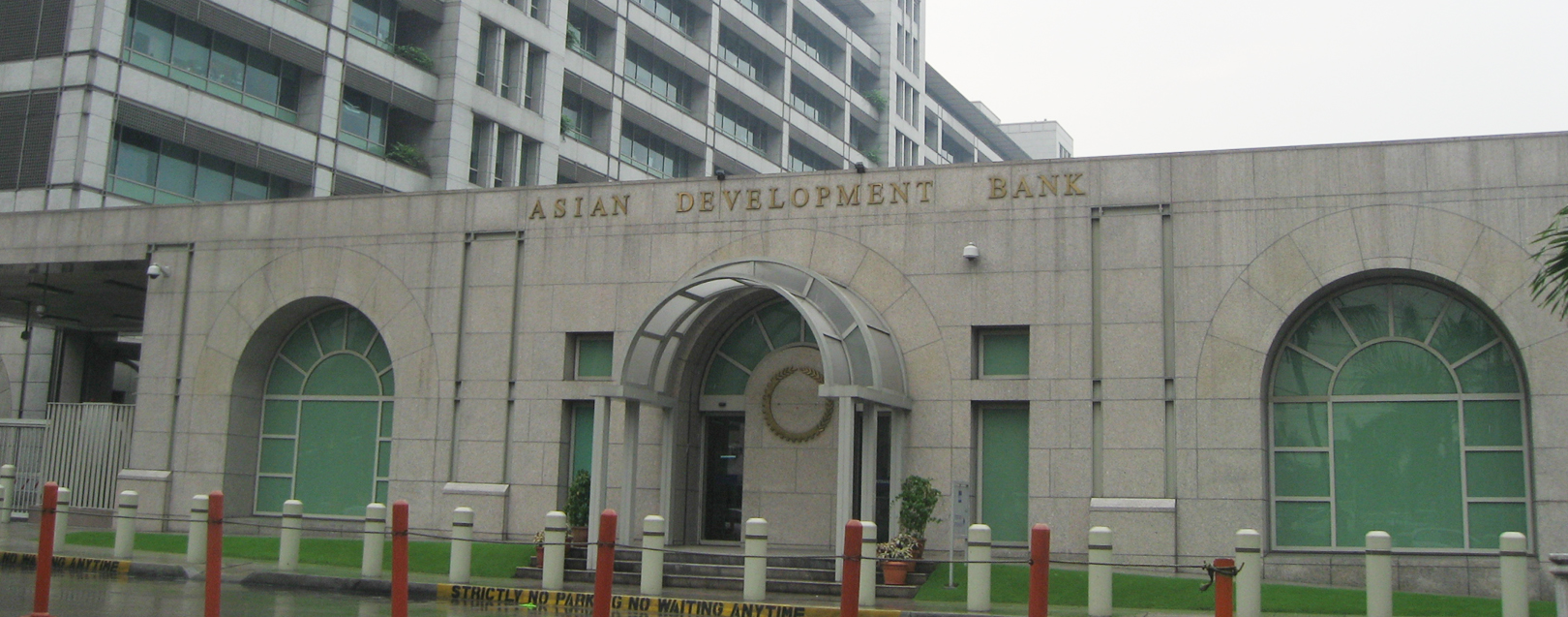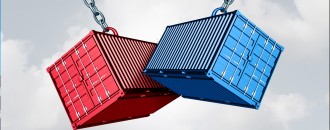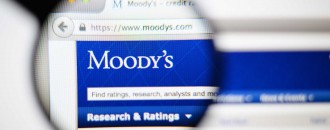
ADB provides $300 mn loan to promote fiscal reforms in West Bengal
The Dollar Business Bureau
With the aim to continue fiscal reforms in West Bengal, the Central Government on Tuesday signed a $300 million loan agreement with the Asian Development Bank (ADB) for improving the quality of public service delivery in the state.
“The Second West Bengal Development Finance Program aims to further enhance the public investment by cutting down unproductive expenditure, and through savings from efficiencies in the collection of revenue,” said an official statement.
This Program will build on previous intervention under the first phase of the project through $400 million Program that is aimed at targeting a comprehensive fiscal consolidation program in West Bengal.
Sameer Kumar Khare, Joint Secretary, Department of Economic Affairs, Ministry of Finance signed the loan on behalf of Indian Government and Kenichi Yokoyama, Country Director – India, signed the document on behalf of ADB. On behalf of West Bengal government, the program agreement was signed by Finance Secretary Parwez Ahmad Siddiqui.
“The Program aims to further deepen the reforms with focus on expenditure rationalisation, improvement in revenue administration, and facilitation of more private investment in the state,” Khare said.
The first Program of ADB was focused on increasing public investments that reached nearly 1.3% of the gross domestic product (GDP) of the state, in the fiscal of 2016 from just 0.5% in fiscal of 2012. On the other hand, the fiscal deficit dropped to 2.2% from 3.4% during the same period.
“The new Program will not only target public investment but would also support private investments more directly by creating an infrastructure facility to support project preparation, development, and appraisal, with emphasis on public-private partnerships in health and education,” said the statement.
Speaking at the occasion, Yokoyama said, “The new Program will create the fiscal space necessary to sustain higher public investment in the State which could put the state’s finances on a balanced and sustainable path.”
The Program is spread for over two years and will carry forward reforms like linking of medium-term expenditure policies with actual budgets, supported by strengthening internal audit system, and enhancements in the integrated financial management system (IFMS).
Under the second Program, the capital outlay as a percentage of state’s GDP is expected to increase to 2.2% by the financial year 2021-22, with better budget allocations targeted toward development expenditure.






 to success.
to success.